Which Telescope To Buy ?
Choosing a telescope depends on your budget, observing interests, and observing location. For beginners, a small refractor or reflector telescope with a 60-80mm aperture is a good choice. More advanced observers may want a larger aperture telescope for better views of fainter objects. Popular brands include Celestron, Meade, and Orion. It's also important to consider the mount type, as a stable mount is crucial for steady views. Additionally, accessories such as eyepieces, filters, and a star chart can enhance your observing experience. It's recommended to do research and read reviews before making a purchase.
1、 Refractor telescopes
Refractor telescopes are a popular choice for amateur astronomers due to their ease of use and low maintenance requirements. They use lenses to gather and focus light, resulting in clear and sharp images. When considering which refractor telescope to buy, there are a few factors to consider.
Firstly, aperture size is important as it determines how much light the telescope can gather. A larger aperture will allow for brighter and more detailed images. However, larger apertures also mean larger and heavier telescopes, which may not be as portable or easy to set up.
Another factor to consider is the focal length of the telescope. A longer focal length will result in higher magnification, but may also make it more difficult to find and track objects in the sky.
Additionally, the type of mount the telescope comes with is important. A sturdy and stable mount is necessary for clear and steady images, especially when using higher magnifications.
Finally, it is important to consider the overall quality and reputation of the brand and model. Reading reviews and seeking advice from experienced astronomers can help in making an informed decision.
In terms of the latest point of view, there has been a recent trend towards using apochromatic refractor telescopes, which use specialized lenses to reduce chromatic aberration and produce even clearer images. However, these telescopes can be more expensive than traditional refractors.
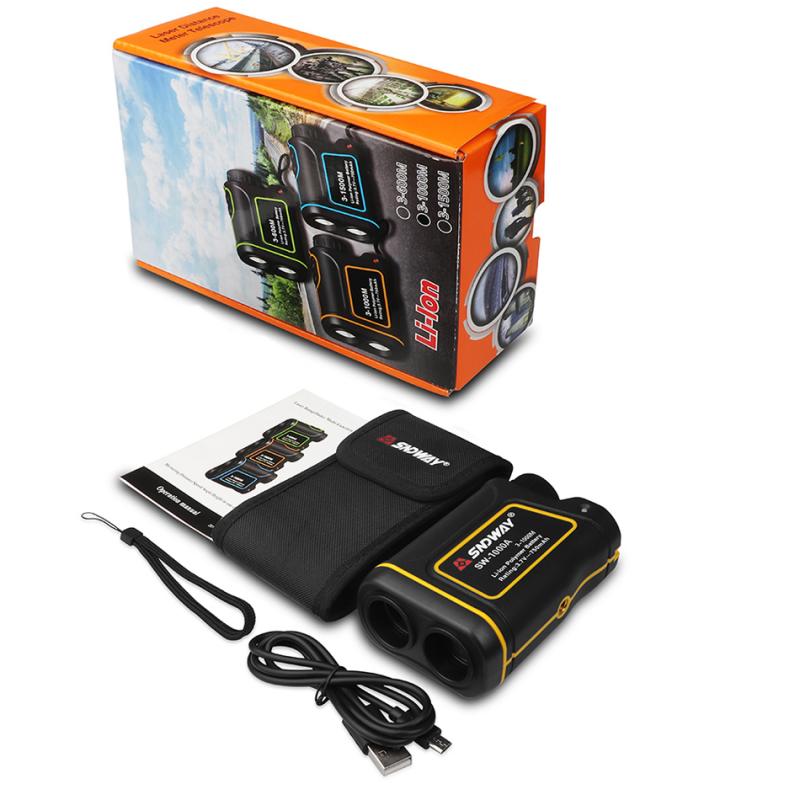
2、 Reflector telescopes
Reflector telescopes are a popular choice among amateur astronomers due to their affordability and versatility. They use mirrors to gather and reflect light, which makes them ideal for observing deep-sky objects such as galaxies, nebulae, and star clusters.
When it comes to buying a reflector telescope, there are a few factors to consider. Firstly, the aperture size is important as it determines how much light the telescope can gather. A larger aperture will allow for better views of faint objects, but it also means a heavier and more expensive telescope. A good starting point is an aperture of around 6 inches.
Another factor to consider is the focal length, which determines the magnification of the telescope. A longer focal length will provide higher magnification, but it also means a narrower field of view. A shorter focal length will provide a wider field of view, but lower magnification.
One popular option for beginners is the Orion SkyQuest XT8 Classic Dobsonian Telescope. It has an 8-inch aperture and a relatively short focal length, making it easy to use and transport. It also comes with a sturdy mount and a range of accessories.
However, it's important to note that there are many other options available on the market, and it's worth doing some research to find the best telescope for your needs and budget. Additionally, it's always a good idea to read reviews and seek advice from experienced astronomers before making a purchase.
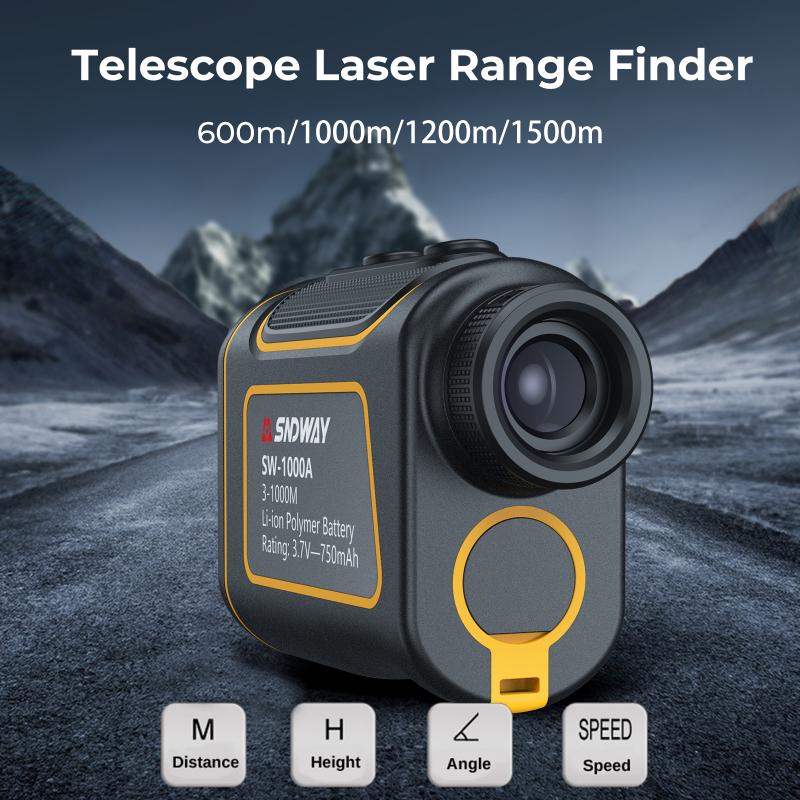
3、 Compound telescopes
Which telescope to buy? Compound telescopes, also known as catadioptric telescopes, are a popular choice for both amateur and professional astronomers. These telescopes use a combination of mirrors and lenses to produce high-quality images of celestial objects.
One of the main advantages of compound telescopes is their compact size. They are much smaller and lighter than traditional reflector or refractor telescopes, making them easier to transport and set up. This makes them a great choice for stargazing on the go or for those with limited storage space.
Another advantage of compound telescopes is their versatility. They can be used for a wide range of astronomical observations, from viewing planets and stars to deep-sky objects like galaxies and nebulae. They also offer a wide range of magnification options, allowing you to zoom in on specific details or take in a wider field of view.
The latest point of view on compound telescopes is that they are becoming increasingly popular due to advances in technology. Many models now come with computerized tracking systems that make it easier to locate and follow celestial objects. They also offer improved optics and image quality, making them a great choice for astrophotography.
Overall, if you're looking for a versatile and compact telescope that offers high-quality images, a compound telescope may be the right choice for you. Just be sure to do your research and choose a model that fits your needs and budget.
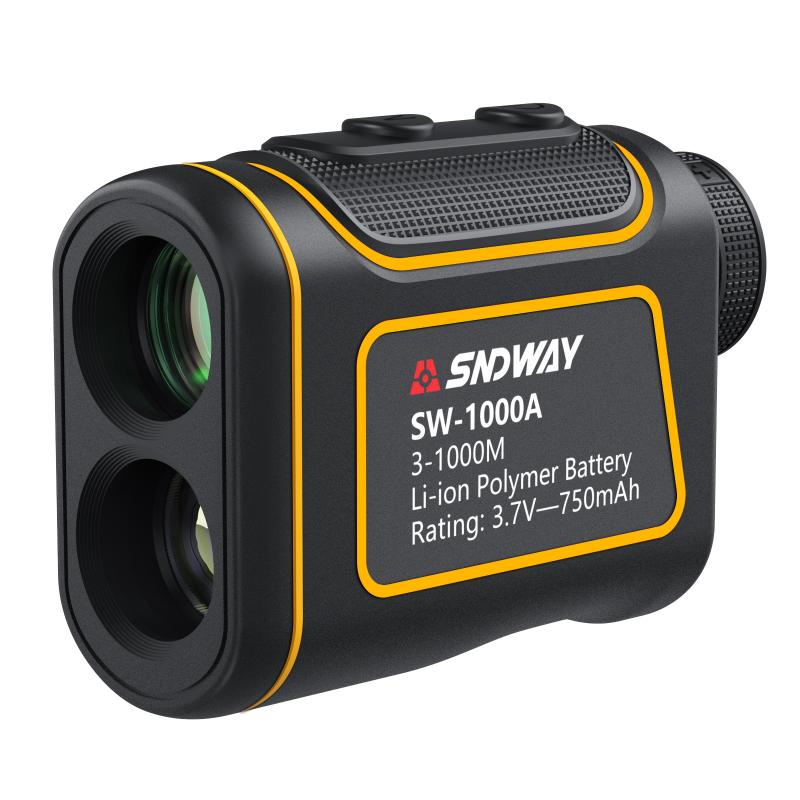
4、 Computerized telescopes
Which telescope to buy? If you're looking for a telescope that can automatically locate and track celestial objects, a computerized telescope is the way to go. These telescopes use built-in computers and motors to point the telescope at specific objects in the sky, making it easier for beginners to find and observe celestial objects.
When it comes to choosing a computerized telescope, there are a few factors to consider. First, you'll want to think about the aperture size, which determines how much light the telescope can gather. A larger aperture will allow you to see fainter objects and more detail in brighter objects. However, larger apertures also mean larger and heavier telescopes, which can be more difficult to transport and set up.
Another factor to consider is the type of mount. Computerized telescopes typically come with either an equatorial mount or an altazimuth mount. Equatorial mounts are better for astrophotography and tracking objects as they move across the sky, while altazimuth mounts are easier to use for visual observing.
Finally, you'll want to consider the brand and model of the telescope. Some popular brands for computerized telescopes include Celestron, Meade, and Orion. Each brand offers a range of models with different features and price points, so it's important to do your research and read reviews before making a purchase.
Overall, a computerized telescope can be a great investment for both beginners and experienced astronomers. With the ability to automatically locate and track celestial objects, you'll be able to spend more time observing and less time searching for objects in the sky.


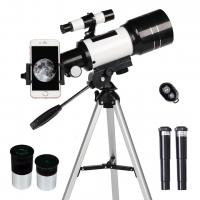
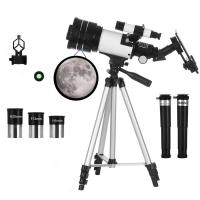
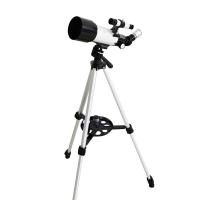
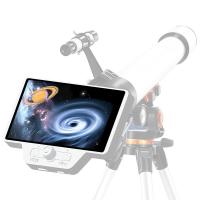
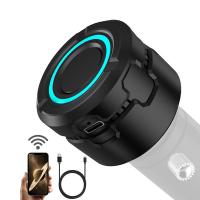
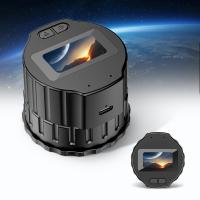
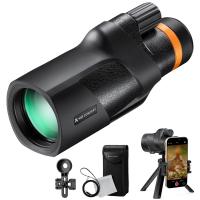
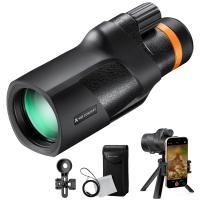
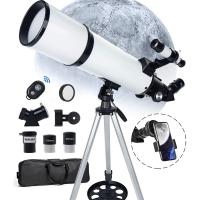
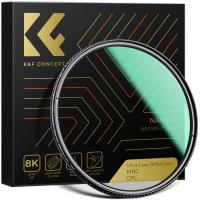
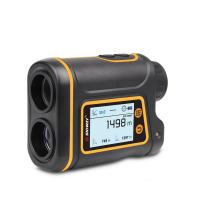
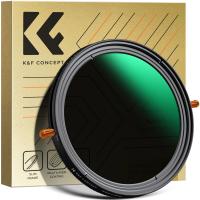
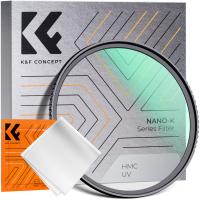
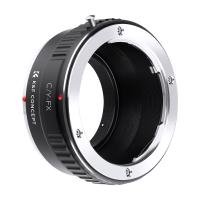
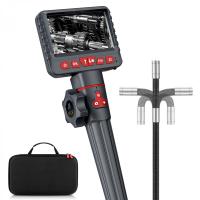
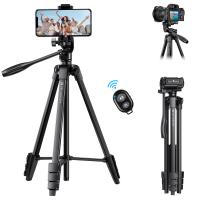
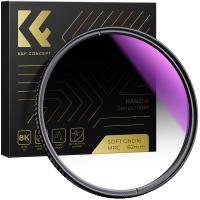
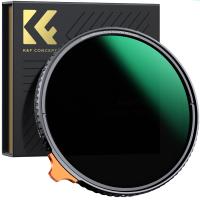
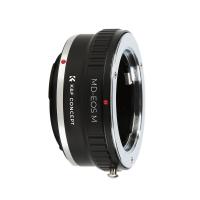

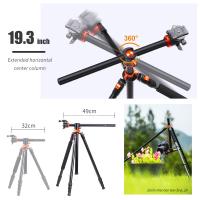
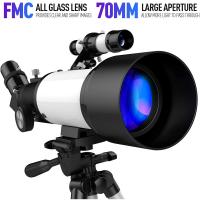
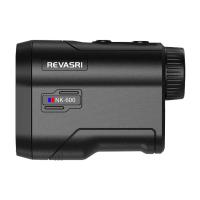
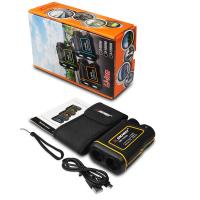

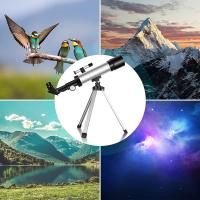
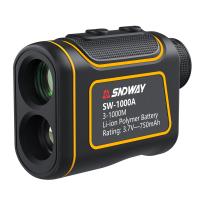

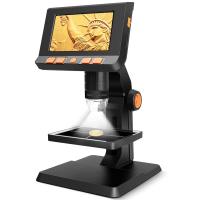

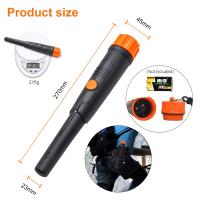

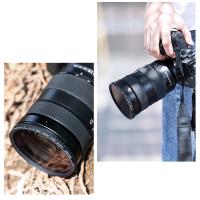
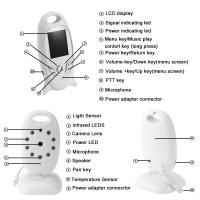

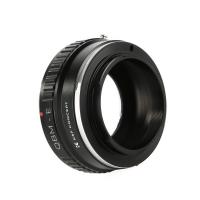
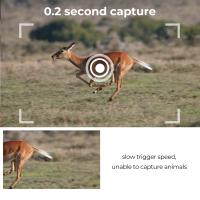
There are no comments for this blog.